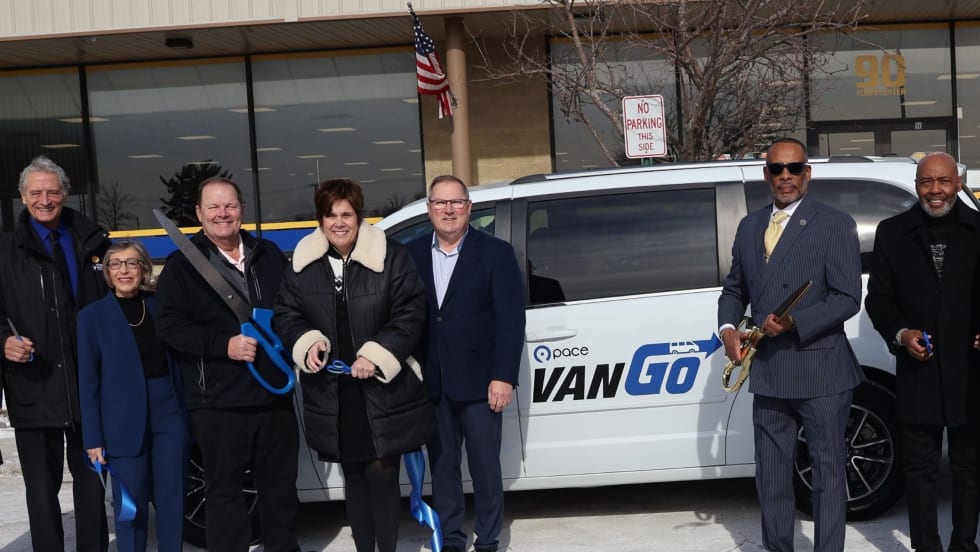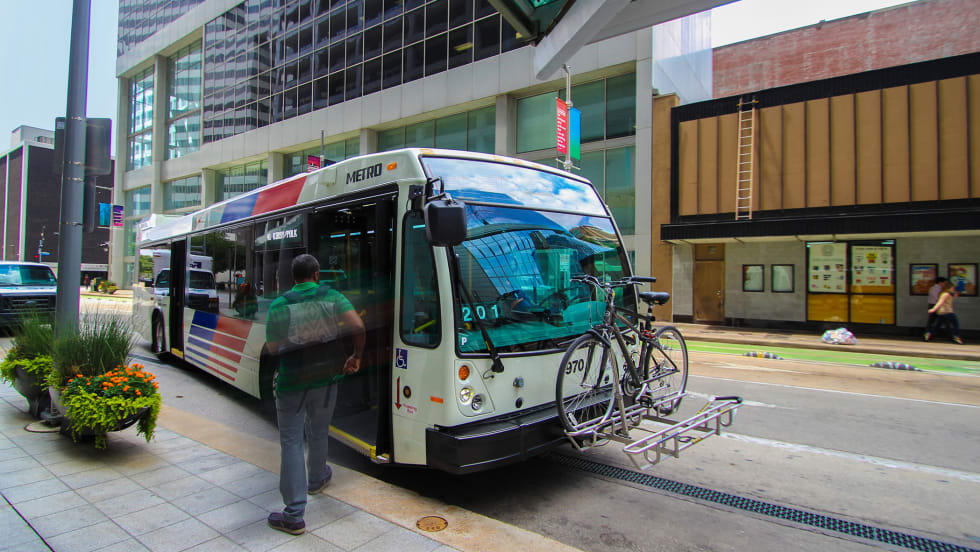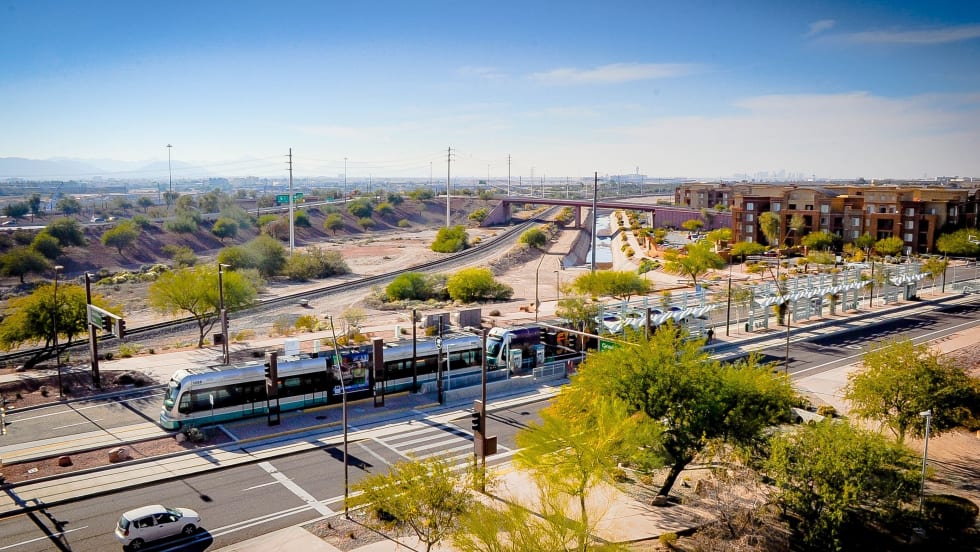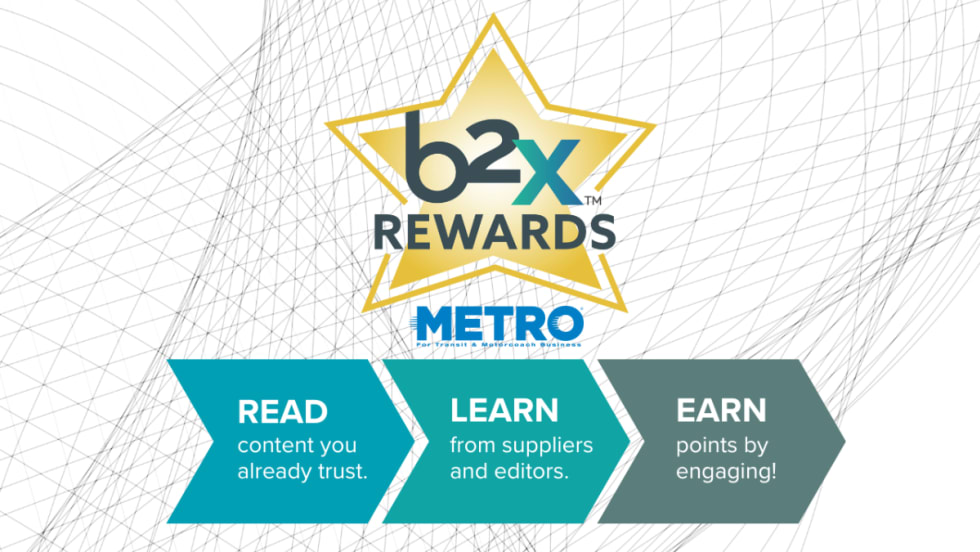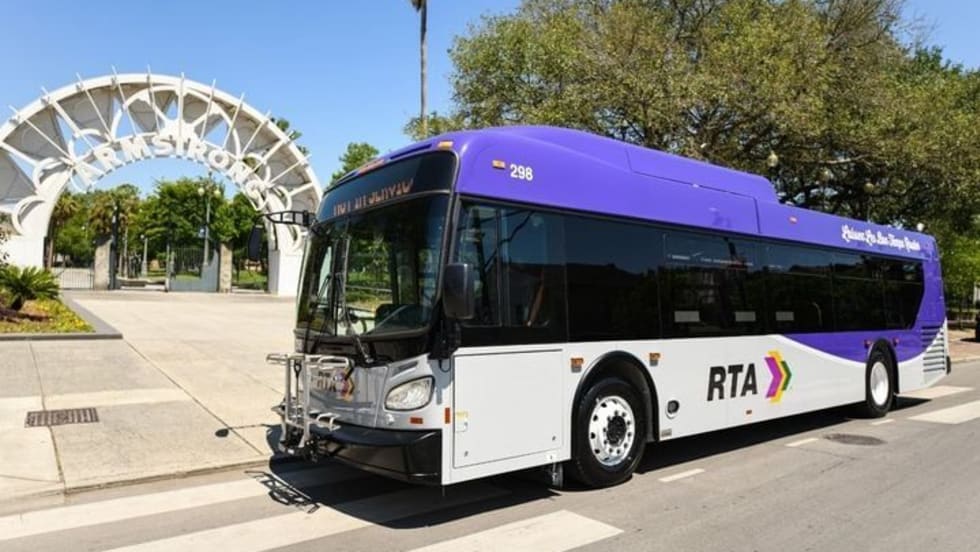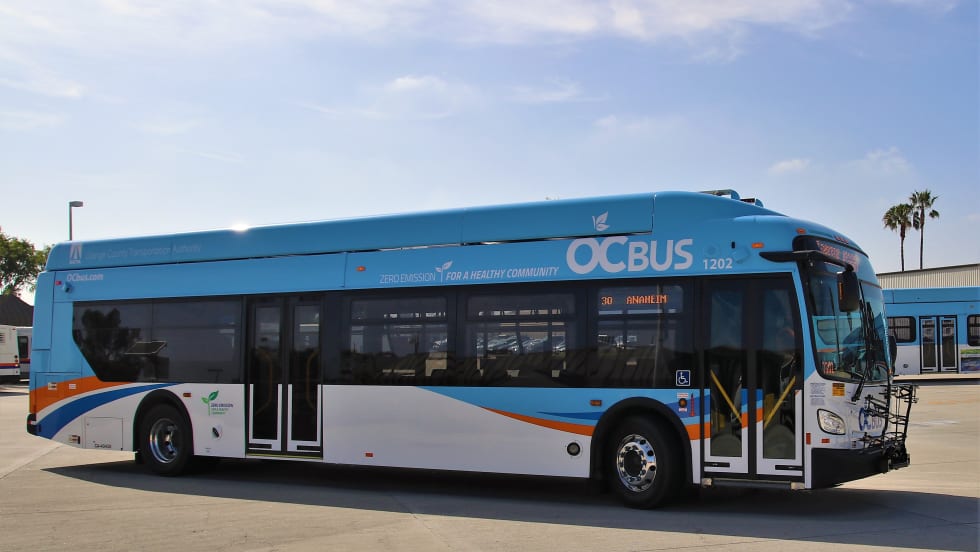The Senate passed H.R. 5376, the Inflation Reduction Act of 2022, by a vote of 51-50. The bill includes alternative fuel tax credits and significant new investments in climate, zero-emission technology, equity, and environmental streamlining. The House of Representatives is scheduled to consider the bill on Friday, August 12. If the House passes the bill, President Biden will sign it.
The bill includes numerous important provisions that benefit public transportation. The Inflation Reduction Act:
Extends the excise tax credits for alternative fuels, biodiesel, and renewable diesel.
Extends and substantially restructures the alternative fuel vehicle property credit.
Establishes a new commercial clean vehicle tax credit.
Provides significant new investments in climate, zero-emission technology, equity, and environmental review, including $27 billion for a Greenhouse Gas Reduction Fund; $3.2 billion for Neighborhood Access and Equity Grants; and $2 billion for Low-Carbon Transportation Materials Grants.
Extends the Alternative Fuels Excise Tax Credit. Section 13201 extends the $0.50 per gasoline gallon equivalent excise tax credits for alternative fuels from 2021 through 2024. Public transit agencies that fuel their vehicles with compressed natural gas (CNG), liquefied natural gas (LNG), or liquified hydrogen benefit from this tax credit. Transit agencies may file a claim for payment equal to the amount of the alternative fuel credit. The credit is first applied to the applicable excise tax liability under section 26 U.S.C. § 4041 or 26 U.S.C § 4081, and any excess credit may be taken as a payment. The provision creates a special rule to address claims regarding excise tax credits and claims for payment for alternative fuel used during the period beginning Jan. 1, 2022, through the date of enactment.
Extends the Biodiesel and Renewable Diesel Excise Tax Credit. This section also extends the $1 per gallon excise tax credits for biodiesel and renewable diesel from 2022 through 2024. Transit agencies may file a claim for payment equal to the amount of the biodiesel or renewable diesel tax credit.
Extends and Substantially Restructures the Alternative Fuel Vehicle Refueling Property Credit. Section 13404 extends the alternative fuel vehicle refueling property credit from 2021 through 2032, and substantially restructures the credit. Refueling property is property for the storage or dispensing of clean-burning fuel or electricity into the vehicle fuel tank or battery. Clean-burning fuels include CNG, LNG, electricity, and hydrogen. The bill clarifies that bidirectional charging equipment is eligible property. Tax credits for refueling property used in a trade or business are part of the general business credit. Generally, in the case of refueling property sold to a tax-exempt entity, the taxpayer selling the property may claim the tax credit.
This section also substantially restructures the tax credit. Under current law, taxpayers may claim a 30% credit for an alternative fuel property up to $30,000 per location. The bill provides a base credit of 6% up to $100,000 per project. In addition, it provides a bonus credit totaling 30% for expenses up to $100,000 for each project if the taxpayer satisfies Davis-Bacon prevailing wage requirements during construction of the project. In addition, under the bill, the alternative fuel property is only eligible for the credit if the property is placed in service in a low-income community (under 26 U.S.C. § 45D(e)) or rural census tract.
Under the provision, the 2021 rules of the alternative fuel vehicle refueling property credit apply in 2022. In 2023 and subsequent years, the restructured tax credit will apply.
Establishes a new Commercial Clean Vehicle Tax Credit. Section 13403 creates a new tax credit for commercial clean vehicles (e.g., zero-emission buses). The amount of the credit with respect to a qualified commercial electric vehicle is equal to the lesser of 30% of the cost of the vehicle or the incremental cost of the vehicle. The limit of the credit is $7,500 for a vehicle that weighs less than 14,000 pounds and $40,000 for all other vehicles. Commercial clean vehicles include battery electric and fuel cell vehicles. This 10-year tax credit takes effect in 2023 and expires December 31, 2032. At this time, it is unclear how the tax credit will work if the taxpayer is a tax-exempt entity. The section requires the Secretary of the Treasury to issue regulations or guidance as necessary to implement the provision.
New Investments in Climate, Zero-Emission Technology, and Equity
Provides $27 Billion for a new Greenhouse Gas Reduction Fund. Section 60103 provides $27 billion to the Environmental Protection Agency (EPA) to establish a new Greenhouse Gas Reduction Fund. This Fund will provide capital for both a national and state “green banks” to provide financial support for zero-emission technologies and projects that reduce or avoid greenhouse gas emissions. The Fund provides $20 billion for national green bank and $7 billion to finance state and local green banks. Under the program, EPA will make competitive grants, loans, other financial assistance, and technical assistance available to states, municipalities, Indian tribes, and certain nonprofit organizations to enable communities, particularly low-income and disadvantaged communities, to reduce or avoid greenhouse gas emissions and deploy or benefit from zero-emission technologies. The provision requires EPA to implement the program no later than 180 days after the date of enactment of this section.
Provides $1 Billion for Clean Heavy-Duty Vehicles. Section 60101 provides $1 billion to EPA to carry out a new Clean Heavy-Duty Vehicles program. Under the program, EPA will make grants and rebates to states, municipalities, Indian tribes, and eligible contractors to replace Class 6 or Class 7 heavy-duty vehicles as defined in 40 CFR 1037.801 (i.e., vehicles with a gross vehicle weight between 19,501 pounds and 33,000 pounds) with zero-emission vehicles.
The grants may pay up to 100% of costs for:
The incremental cost of replacing eligible vehicles with zero-emission vehicles.
Purchasing, installing, operating, and maintaining zero-emission infrastructure.
Workforce development and training for zero-emission vehicles.
Planning and technical activities to support adoption and deployment of zero-emission vehicles.
The provision requires EPA to implement the program no later than 180 days after the date of enactment of this section.
Provides $3.2 Billion for Neighborhood Access and Equity Grants. Section 60501 provides $3.2 billion to the Federal Highway Administration (FHWA) to establish a new Neighborhood Access and Equity Grant program. The program provides competitive grants to states, local governments, Indian tribes, public authorities with a transportation function, and metropolitan planning organizations:
To improve walkability, safety, and affordable transportation access through construction of projects that are context sensitive.
To mitigate or remediate negative impacts from surface transportation facilities that create an obstacle to connectivity within a community (e.g., grade separation) or are a source of pollution or other burden to disadvantaged or underserved communities.
For planning and capacity building in disadvantaged or underserved communities.
The program sets aside 40% ($1.2 billion) of these funds for communities that are economically disadvantaged, underserved, or located in an area of persistent poverty.
The federal share is 80%, except that the federal share of projects in disadvantaged or underserved communities may be up to 100 percent. These funds may not be used for projects that result in additional through travel lanes for single occupant passenger vehicles.
Provides $2 Billion for Low-Carbon Transportation Materials Grants. Section 60506 provides $2 billion to FHWA for a new Low-Carbon Transportation Materials Grants program. On Federal-aid highway projects, FHWA may reimburse or provide incentives to states, local governments, Indian tribes, public authorities, and metropolitan planning organizations for the use of construction materials and products that have substantially lower levels of embodied greenhouse gas emissions compared to estimated industry averages. FHWA may reimburse or provide incentives payments (2%) for the increased incremental cost of using low-carbon materials and provide a federal share of up to 100%.
The reimbursements or incentives may not be used for projects that result in additional through travel lanes for single occupant passenger vehicles.






